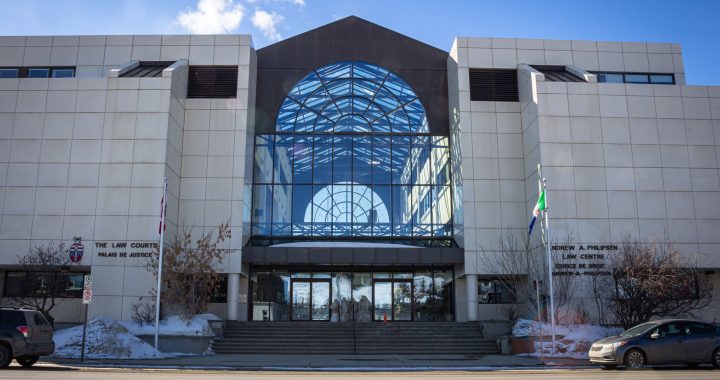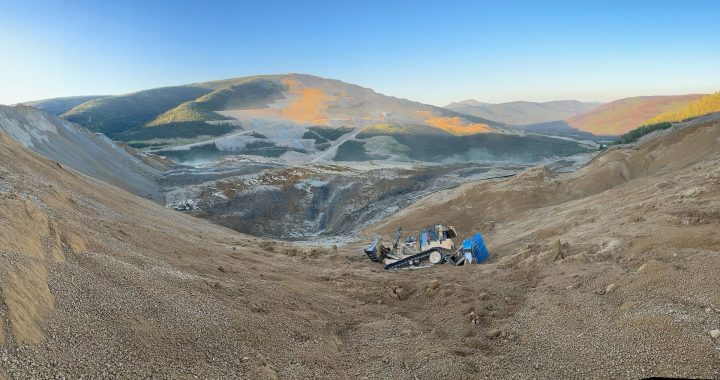By Kathleen Martens
APTN Investigates
WINNIPEG – There is growing confusion and anger over a proposal to destroy sensitive evidence about residential school abuse.
Some former Indian residential school students say they’re having difficulty with the idea of shredding their painful memories.
Memories they were forced to recount to quality for financial compensation for the serious physical and sexual abuse they suffered at the notorious schools.
“Now further injustice is evident of this system which does not want to keep the evidence of the abuse, trauma and genocide at the hands of the government, churches and so-called school system,” said Lorna Bob. “This is a shame, and Murray Sinclair (chair of the Canadian Truth and Reconciliation Committee), as well as Dan Shapiro (chief adjudicator of the Independent Assessment Process), should not disrespect the survivor once again and re-abuse as this whole settlement process has done to survivors.”
Bob speaks for an emerging group of survivors who are venting their anger on social media. They feel, once again, they are being left out of the decision-making process.
Sinclair and Shapiro are at odds over what to do with 60,000 boxes and 4.2 million files generated through 20,000 compensation hearings, as part of the Independent Assessment Process (IAP).
Sinclair wants to preserve them as part of the residential school record, while Shapiro says he is mandated to protect survivors’ privacy.
“We have always understood the IAP to be a confidential, out-of-court process to deal with some of the most difficult and sensitive issues to ever face our justice system,” Shapiro said in a release. “Claimants have provided intimate details of the abuse they suffered, under the explicit promise of confidentiality. In many cases, claimants have never spoken about these events to anyone else.”
An Ontario Superior Court judge is expected to rule on the dispute in July.
The debate is stirring up strong emotions in some survivors.
“We must save all those statements,” said Ray Tony Charlie, noting it is important to keep a record of the awful experiences as part of the healing process.
Survivor Niwaabidahn Debwewin goes one step further, saying the testimony would be an enduring record of perpetrators’ abuse in the schools.
“To be sure that people somewhere have records or copies of records, I believe there will always be something pointing a finger at them and what they did,” he said.
Rosa Christianson, meanwhile, says she wants to have her own records from the residential school she was forced to attend, and Cat Thunder believes it’s important to share this dark legacy with the people of Canada and the rest of the world.
“I emailed the United Nations of human rights on this subject,” she said.
To be clear, the destruction order would not apply to the stories that were recorded as part of the Truth and Reconciliation events held across Canada.











